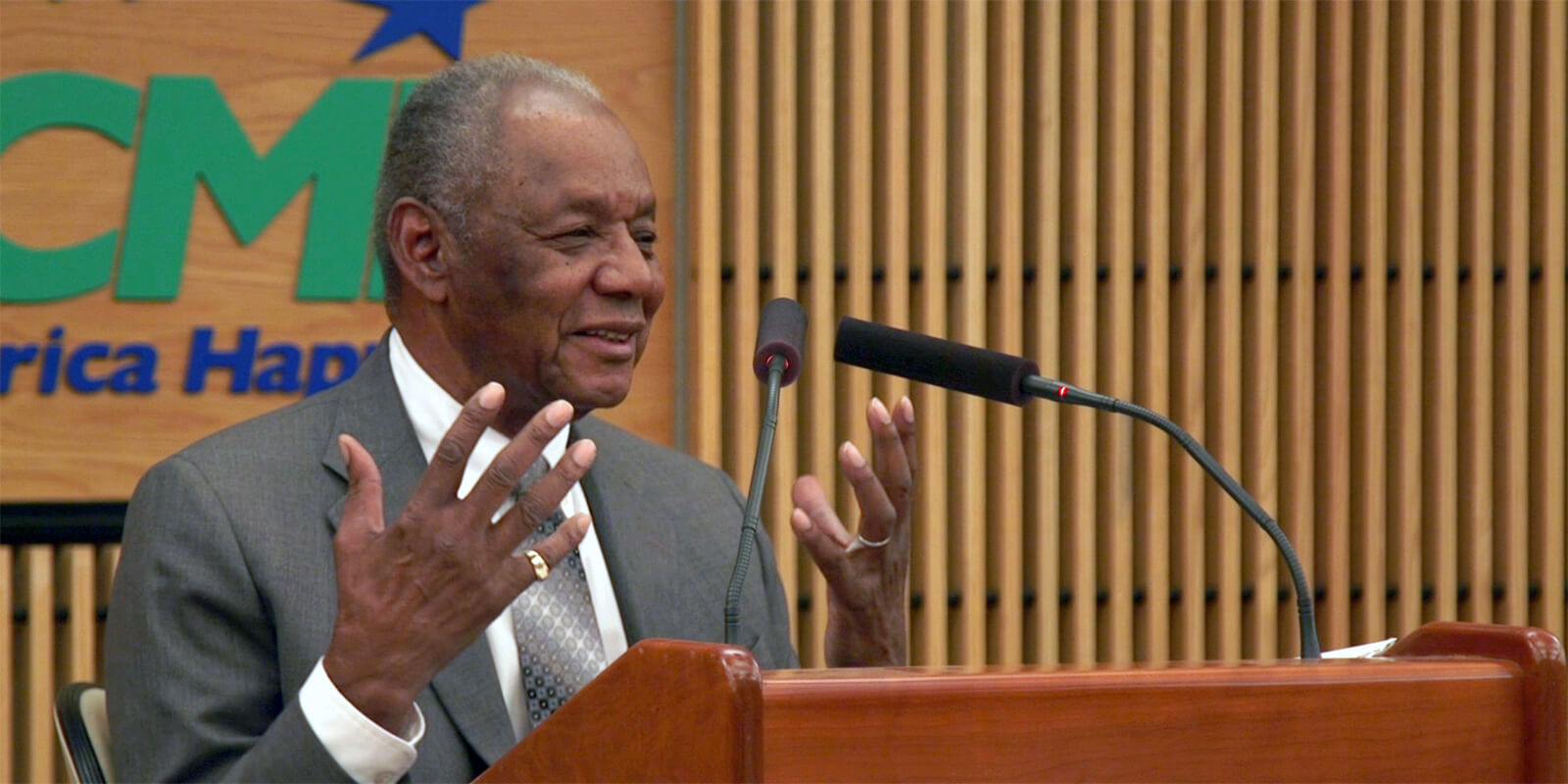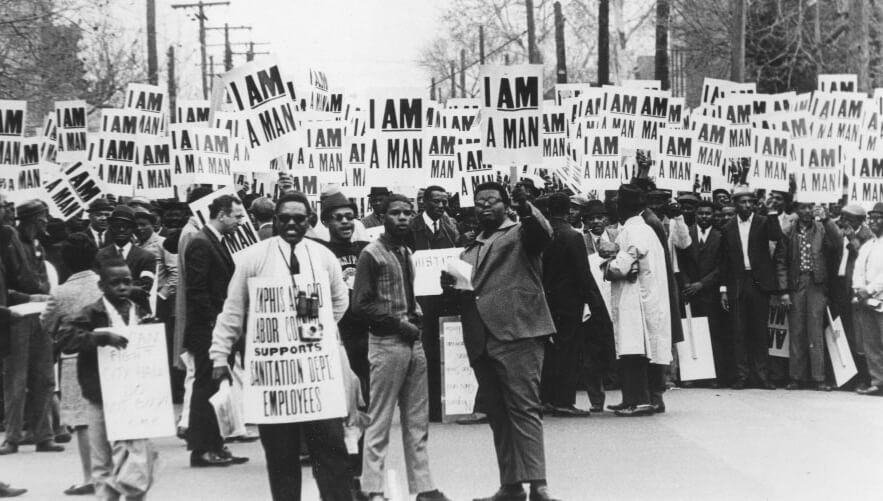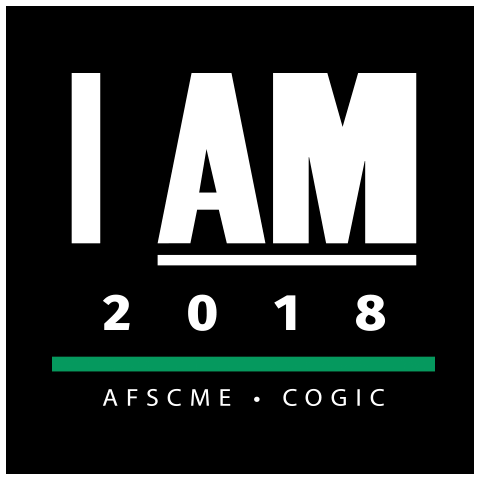Former AFSCME Secretary-Treasurer Bill Lucy offered a firsthand account of the 1968 Memphis Sanitation Workers’ Strike during a Black History Month keynote address at AFSCME headquarters in Washington, D.C., on Wednesday.
The strike “raised one of the more fundamental questions in our society about the plight of the working poor,” Lucy said.
Referring to the 1,300 sanitation workers who struck in February, 1968, for dignity, fair wages and better working conditions, Lucy said, “These were people who worked every single day, but still couldn’t raise themselves out of poverty.”
Their only hope – and the hope of millions of other families to this day, noted Lucy – was to join together in a union to gain a voice.
Lucy said he had been working for AFSCME in Detroit at the time of the strike and was sent by the union’s then-president, Jerry Wurf, to assist the strikers, members of AFSCME Local 1733.
Early on, recalled Lucy, the strike had nearly 100 percent support and had brought all the city’s garbage trucks to a standstill, resulting in tons of trash building up. Lucy believed the strike would be short-lived, that the city would have no choice but to meet the sanitation workers’ demands.
“I parked in the short-term parking lot in Detroit,” Lucy joked. “I came back 75 days later.”


